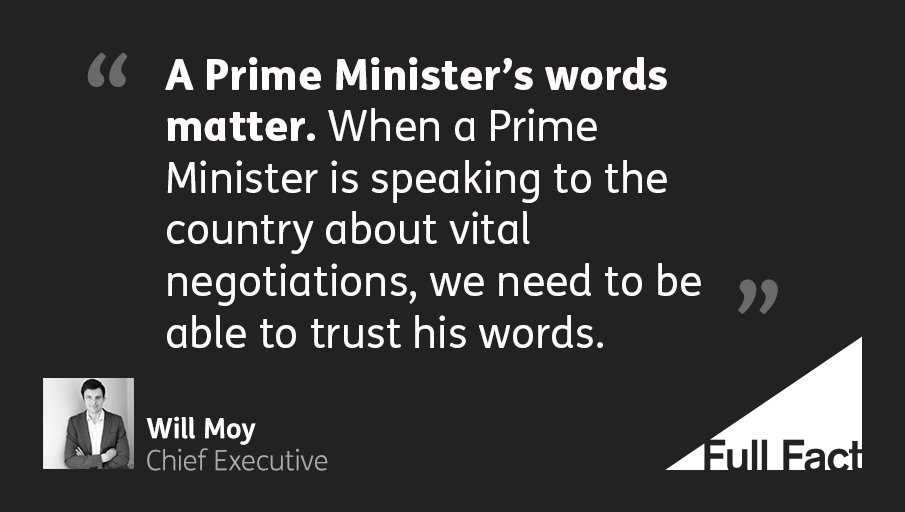
Telegraph columnist Allison Pearson claimed that, last week, Sir Patrick Vallance and Chris Whitty presented cherry-picked figures from hospitals on course to run out of beds, despite falling or stable numbers of Covid patients in hospital.
The problem? They didn’t.
[Thread]👇
The problem? They didn’t.
[Thread]👇
At the daily briefing on 26 November Sir Patrick and Professor Whitty made no mention of bed capacity at individual hospital trusts.
Sir Patrick noted that, at a national level, the number of Covid-19 patients in hospitals had “flattened.” [2/6]
Sir Patrick noted that, at a national level, the number of Covid-19 patients in hospitals had “flattened.” [2/6]
At no point during the last week have we found any mention from the two advisors of bed occupancy problems in specific hospitals. [3/6]
Now, back on 31 October, the slides at the daily briefing did show figures from individual hospitals specifically affected by rising Covid-19 cases.
This may have been what Ms Pearson was referring to. [4/6]
This may have been what Ms Pearson was referring to. [4/6]

But the situation on 31 October was very different to that on 26 November.
On 31 October, the rising number of beds occupied by patients with Covid in various hospitals, reflected the fact that Covid hospitalisations were rising across the country, as their slides showed. [5/6]
On 31 October, the rising number of beds occupied by patients with Covid in various hospitals, reflected the fact that Covid hospitalisations were rising across the country, as their slides showed. [5/6]

But, by 26 November, the number of people in hospital had flattened.
So what appears to have happened is, in an attempt to highlight cherry-picking, the Telegraph has cherry-picked data. [6/6]
Our fact check in full 👇
fullfact.org/health/pearson…
So what appears to have happened is, in an attempt to highlight cherry-picking, the Telegraph has cherry-picked data. [6/6]
Our fact check in full 👇
fullfact.org/health/pearson…
• • •
Missing some Tweet in this thread? You can try to
force a refresh



